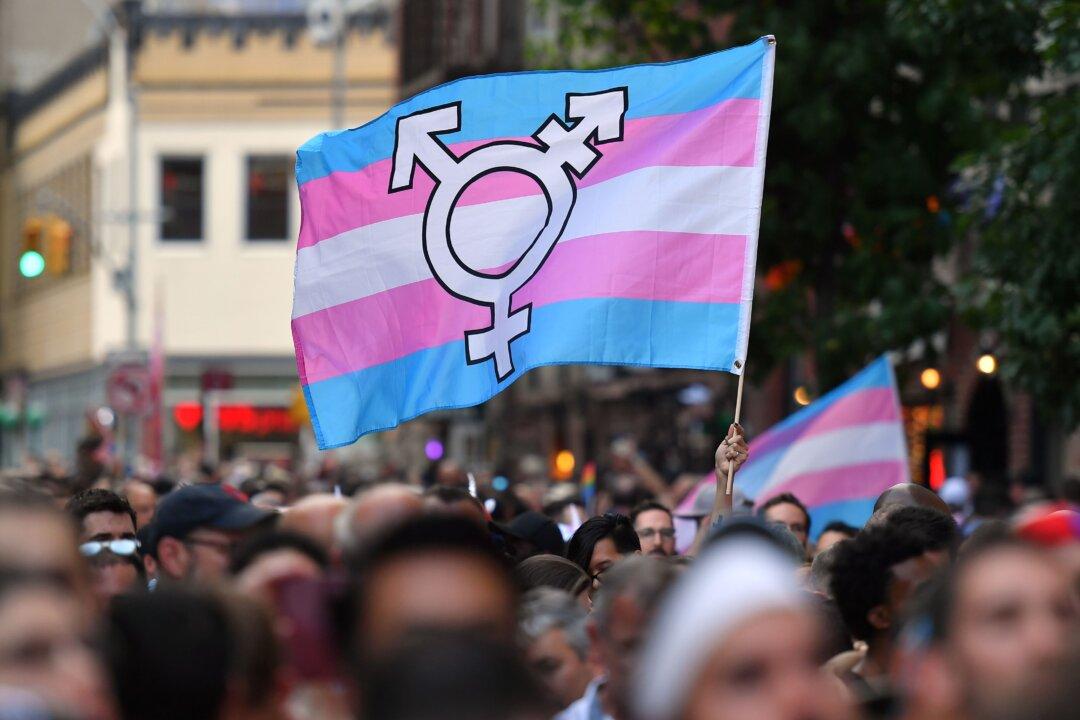A woman who de-transitioned last year claims hundreds of transgender youths are now looking for help to return to their original sex.
See today’s news highlights at a glance. Download the free Epoch Times app to get the latest news.


A woman who de-transitioned last year claims hundreds of transgender youths are now looking for help to return to their original sex.